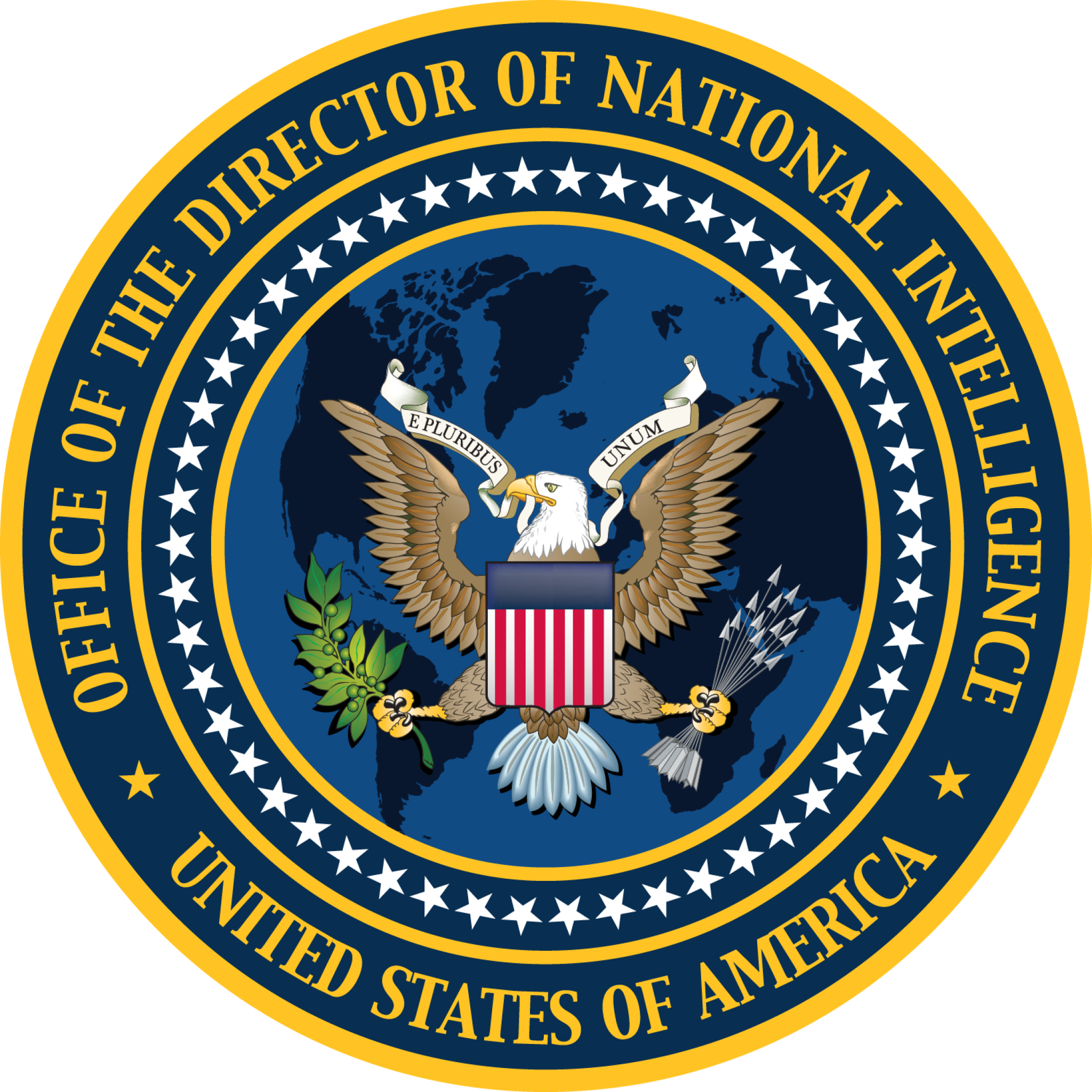NIU History
60+ years of learning
Toward the end of his administration, President Dwight D. Eisenhower appointed a Joint Study Group to examine the organizational and management structure of U.S. foreign intelligence. Its foremost concern was military intelligence coordination.

The final report advanced the concept of a new intelligence organization which would act as the primary point of contact for the military intelligence community—a defense intelligence community, a defense intelligence agency.
January 1961
President John F. Kennedy and his Secretary of Defense, Robert S. McNamara, took an immediate interest in the concept of an agency which would extensively integrate the military intelligence efforts of all Department of Defense (DoD) elements. They had become responsible for national security in the era of Khrushchev, the U-2 crisis, a deteriorating situation in Southeast Asia, and the Bay of Pigs.
August 1961
The Department of Defense established the Defense Intelligence Agency (DIA). DIA was responsible to the Joint Chiefs of Staff (JCS) for the integration of DoD intelligence and counterintelligence training programs, and career development of intelligence personnel. The Office of the Secretary of Defense (OSD) saw the logic and economy of consolidating duplicative strategic intelligence schools, and in February 1962, issued a memorandum directing the creation of a Defense Intelligence School.
The director of DIA was required to develop a plan for the Defense Intelligence School with a curriculum based on intelligence courses offered at the Naval Intelligence School and the Army Strategic Intelligence School. On November 2, 1962, the Defense Intelligence School was formally established by DoD Directive 5105.25 as a professional educational institution attached to DIA.

The Defense Intelligence School’s mission was to enhance the preparation of selected military officers and key DoD civilian personnel for important command, staff, and policy making positions in the national and international security structure; prepare DoD military and civilian personnel for duty in the military attaché system; and assist the broad career development of DoD military and civilian personnel assigned to intelligence functions.
The first class graduated on June 14, 1963. In 1968, a Board of Visitors was formally authorized and recommended that the School reach out to civilian employees of the intelligence community (IC), and that highly qualified civilian faculty should also be hired. And, in the interest of academic accreditation, authority to grant a master’s degree in intelligence should be sought. By 1973, the director of DIA supported these recommendations and approved the degree program concept, and on September 10, 1973, the pilot program for the proposed Master of Science of Strategic Intelligence (MSSI) degree began. In October 1980, Public Law 96-450 formally authorized the School to award the MSSI degree. It was passed by both houses of Congress and signed by President Jimmy Carter.
Regional accreditation was obtained in 1983 at which time the School was re-chartered and renamed the Defense Intelligence College. It relocated to the new Defense Intelligence Analysis Center on Bolling Air Force Base in 1984.

With the end of the Cold War in the late 1980s and the general desire of the country in the early 1990s to realize a “peace dividend,” budgetary cutbacks and reductions in force were made, not only in the DoD but in the IC as a whole. A major impact of these cutbacks in the 1990s was a transformation of the College into an institution that was devoted solely to intelligence education and research. Training courses, including attaché training, shifted elsewhere in DIA.
March 1993
The College was renamed the Joint Military Intelligence College and embarked on a new era in which its mission was more sharply defined. In 1997, Congress authorized the College to award a Bachelor of Science in Intelligence (BSI) degree. The BSI Program is a final year degree completion program. It affords those students who have accumulated three years of undergraduate credits a means to complete their degree requirements and obtain a degree directly related to the field of intelligence. The program enables BSI graduates to advance their careers within the IC.
December 2006
DoD Instruction 3305.1 changed the Joint Military Intelligence College’s name to the National Defense Intelligence College. The DoD Instruction was revised again in February 2011 to reflect the current designation, National Intelligence University, and the Director of National Intelligence formally and publicly announced that change, as well as the expanded mission and vision of NIU, during the August 2011 convocation of the class of 2012.
April 2007
The Board of Visitors of NIU established the Center for Science and Technology Intelligence. This set the stage for the creation of the School of Science and Technology Intelligence (SSTI) to advance instruction and research in S&T intelligence collection, analysis, and dissemination. SSTI was chartered on November 1, 2010. The U.S. Department of Education and Congress issued degree-granting authority in 2012. SSTI offers a degree program leading to a Master of Science and Technology Intelligence degree.

After 33 years, NIU now calls Roberdeau Hall at Intelligence Community Campus-Bethesda (ICC-B) home. NIU completed its relocation to a new facility at ICC-B in Bethesda Maryland, in February 2017. The phased move of the NIU main campus from Joint Base Anacostia-Bolling, in Washington, D.C. began in November 2016. Students from the Class of 2017 had the distinction of being the first graduates from the new campus.
October 2021
NIU officially transitioned from the DIA to the Office of the Director of National Intelligence (ODNI). The organizational transition to ODNI was initiated in December 2019 by Congress. Preparing for the transition required collaborative partnerships across the IC and with Congress to ensure no interruption to university operations. This shift marked an important milestone that honored NIU’s 59-year legacy stewarded by DIA and positioned it as the IC’s university. Residing under ODNI enables NIU to benefit from and support ODNI’s integrating role and authorities.

“We are honored to officially welcome the National Intelligence University into the ranks of the Office of the Director of National Intelligence,” said Director of National Intelligence Avril Haines and NIU President Dr. J. Scott Cameron in a joint statement. “At no point has it been more important to sharpen our intelligence tradecraft with emerging expertise, strengthen our intelligence partnerships, and preempt long-term strategic threats with intellectual creativity. NIU’s academic leadership, combined with ODNI’s integrating role, stands to better serve the IC, Federal Government, and United States for years to come.”
NIU remains a degree-granting institution accredited by the Middle States Commission on Higher Education, retains its in-residence Joint Professional Military Education Phase I Program, and continues to operate at its main campus in Bethesda and from other regional campuses.
NIU invites all IC and DoD officers to visit the new ICC-B campus and encourages everyone to take advantage of the unique professional opportunities NIU offers. Whether as a student taking classes toward certificates or degrees, a research fellow doing a deep dive into classified research topics, or a faculty member teaching future leaders, all are welcome at NIU!

